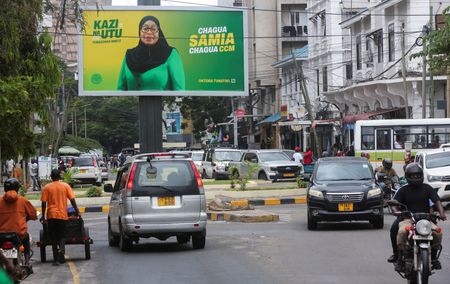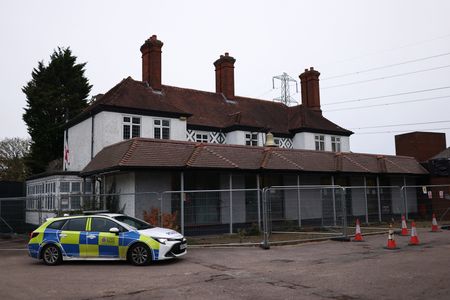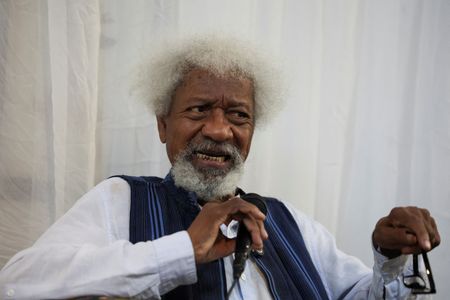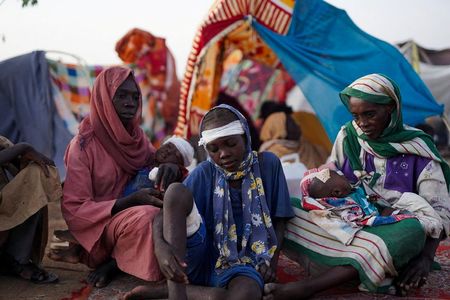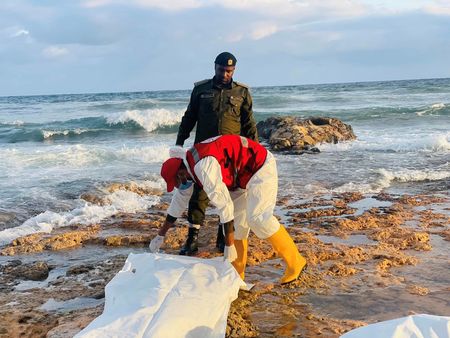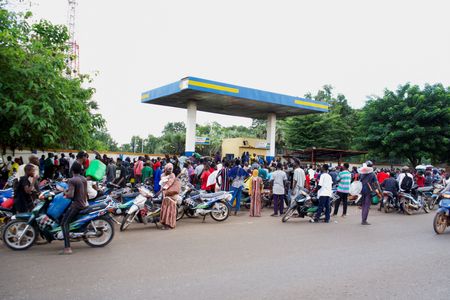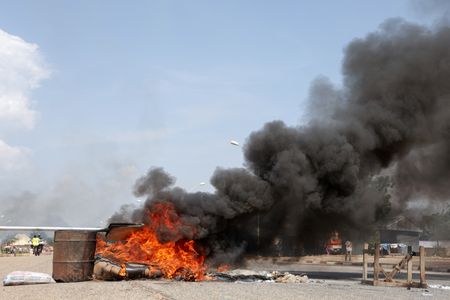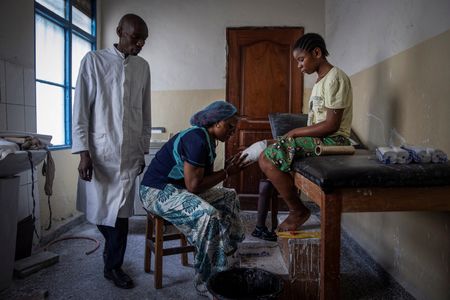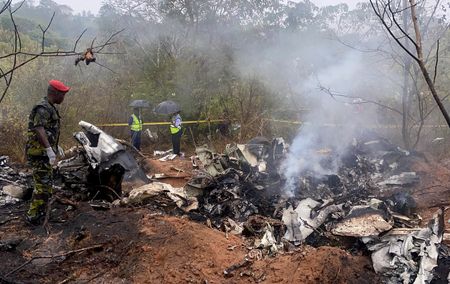(Reuters) -Tanzanians went to the polls on Wednesday in an election that President Samia Suluhu Hassan is expected to win after candidates from the two leading opposition parties were barred from standing.
In addition to the presidential election, voters will choose members of the country’s 400-seat parliament and a president and lawmakers in the semi-autonomous Zanzibar archipelago.
Tanzania’s presidential vote is being held without the leading opposition party, CHADEMA, whose leader Tundu Lissu is on trial for treason, charges he denies. The electoral commission disqualified CHADEMA in April after it refused to sign an electoral code of conduct.
The commission also disqualified Luhaga Mpina, the candidate for the second largest opposition party, ACT-Wazalendo, after an objection from the Attorney General, leaving only candidates from minor parties taking on Hassan.
Hassan’s CCM, whose predecessor party led the struggle for independence for mainland Tanzania in the 1950s, has dominated national politics since its founding in 1977.
RESULTS DUE WITHIN THREE DAYS
Echoing criticism from other rights groups and opposition figures, Amnesty International last week accused the authorities of repressing dissent, charges the government denied.
U.S. crisis-monitoring group Armed Conflict Location & Event Data said CCM was intent on maintaining its status as the “last hegemonic liberation party in southern Africa” and avoiding the recent electoral pressures faced by counterparts in South Africa, Namibia and Zimbabwe.
The election commission says it will announce the results within three days of election day. The polls opened at 0400 GMT and will close at 1300 GMT.
Hassan, whose posters dominate towns and villages, has been traversing the country of around 68 million people.
She has boasted about expanding road and railway networks and increasing power generation capacity. In her next term, she has promised to prioritise hiring more teachers.
Hassan won plaudits after coming to power in 2021 for easing repression of political opponents and censorship that proliferated under her predecessor, John Magufuli, who died in office.
GOVERNMENT ORDERED PROBE INTO ALLEGED ABDUCTIONS
But in the last two years, rights campaigners and opposition candidates have accused the government of unexplained abductions of its critics.
Hassan, one of just two female heads of state in Africa, has said her government is committed to respecting human rights and last year ordered an investigation into the reports of abductions. No official findings have been made public.
Earlier this month, the country’s former ambassador to Cuba, now a fierce critic of the government, was taken from his home by unknown assailants, his family said. Police said they were investigating.
“Authorities must end their unacceptable campaign of repression against dissent,” Amnesty said in its statement on October 20.
Tanzanian government spokesperson Gerson Msigwa said Amnesty had not asked authorities to respond before publishing the statement, though the rights watchdog said it had in fact done so.
“The brief’s portrayal of Tanzania as a country that tolerates arbitrary arrests, enforced disappearances, and suppression of freedoms is inconsistent with the legal and institutional safeguards in place,” Msigwa said in a statement.
(Reporting by Nairobi Newsroom; Writing by George Obulutsa and Vincent Mumo; Editing by Ammu Kannampilly and Aaron Ross)

